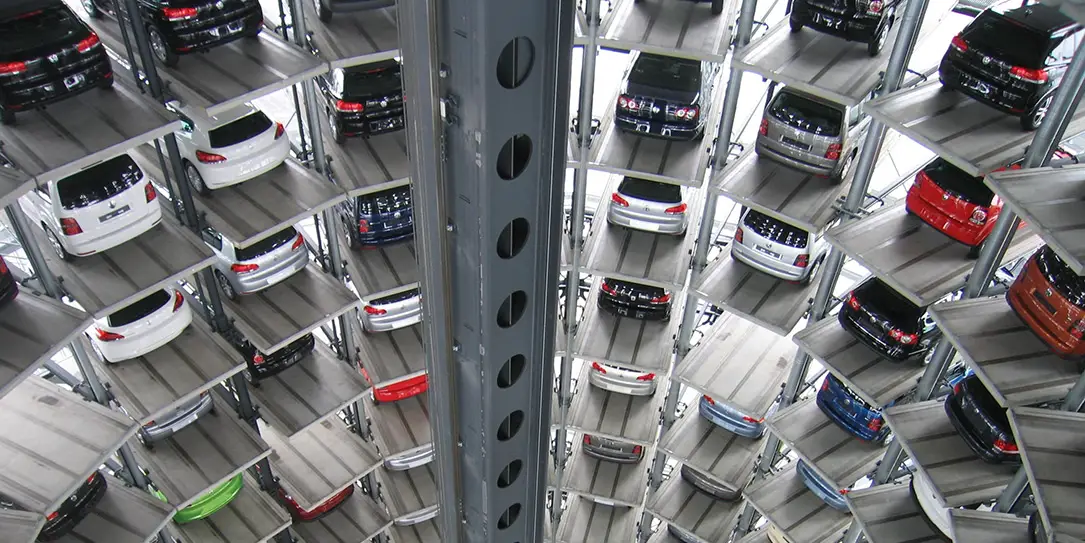We know the disruptive power of blockchain technology spans across multiple industries and verticals, digitizing various aspects of each one. It’s not surprising that 53% of organizations worldwide view investments in blockchain as their strategic priority for the next year.
With no doubt, the automotive sector remains at the forefront of this digital transformation. Plagued with such problems as data blocking, poor protection of sensitive data, costly processes and more, the space has been needing to see changes.
Now we can see how blockchain revives outdated and low-efficient automotive production and distribution processes by ensuring the following:
- A universal data storage shared among the network participants;
- No single point of failure thanks to cryptography protection;
- Fast and automated deals through smart contracts;
- Access to supply chain data in near-real time (if the system is integrated with IoT devices);
- Transparent histories allowing tracing back the origins of each component produced.
The list is far from complete; still, we highlighted the main blockchain benefits so far. The potential blockchain benefits go beyond these and can change the face of the industry even more radically. Let’s walk through the most promising ones:
KYC compliance
In dealings, supplier contracts could be securely stored on an immutable ledger, with payments issued to the parties once the agreement terms are met.
Valid audit trails
All the logistics-related data, from the date and place of production to transportation conditions, could easily help to check the authenticity of each component part.
Interconnected supply chains
Think of a single blockchain platform where automotive organizations could meet, make deals, and seamlessly perform transactions. Smart contracts would ensure that all these operations could be executed without the need for parties to trust each other.
Less costly recalls
Acting as a tamper-proof digital record, blockchain could easily detect cars with defective parts. With the proper solutions implemented, the system could also provide the most effective recall recommendations for customers, saving them from unnecessary expenditures.
Ride-sharing & on-demand mobility services
Car providers and users could share data (insurance details, vehicle location, mileage) safely and seamlessly within a distributed ledger.
Improved insurance
Blockchain could record a driver’s behavior (average speed, mileage, repair history) and keep a record of their actions (recalls, repairs, automobile inspections) to provide personalized insurance contracts to them as well as automatically calculate insurance costs and premiums.
Loyalty rewards
Reward points are a sure way to incentivize customers to make purchases. In the automotive sector, blockchain could provide loyalty points, a digital currency valid within the network, that customers could use to buy parts at a discount.
Electric vehicle payments
Automated contract processing, billing, and payments while charging an electric vehicle – why not? Blockchain can make this possible.
The potential of blockchain is impressive, and we can already witness real blockchain applications by such automotive giants as Groupe Renault, GM Financial, Jaguar Land Rover, Mercedes-Benz, and others.
What do you think of this infographic? Let us know in the comments below or on Twitter, or Facebook. You can also comment on our MeWe page by joining the MeWe social network.
Last Updated on February 3, 2021.











